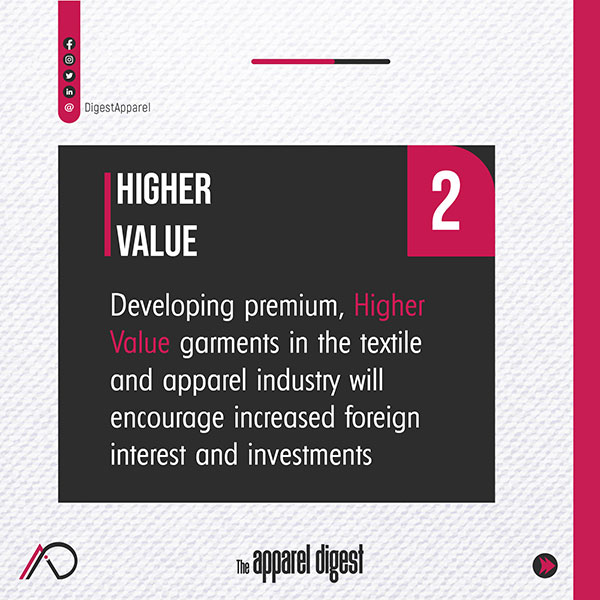The current political unrest in Bangladesh is expected to disrupt the country’s clothing industry, potentially affecting global apparel retailers from H&M to Zara as they head into the key holiday season.
The country has been gripped by violence since July, forcing Prime Minister Sheikh Hasina to resign on Monday and flee the country after hundreds of people were killed in a crackdown on demonstrations demanding her ouster.
Garment factories in the country have been closed indefinitely. According, to the Bangladesh Garment Manufacturers and Exporters Association (BGMEA), the readymade garment industry accounts for 83% of the country’s total export earnings.
Bangladesh was the third-largest exporter of clothing in the world last year, after China and the European Union, according to data from the World Trade Organization, exporting $38.4 billion worth of clothes in 2023.
The following table shows Bangladesh’s apparel export to the world:

The following are some of the main retailers with exposure to Bangladesh:
# Swedish apparel retailer H&M (HMb.ST), sources garments from about 1,000 factories in Bangladesh, according to a supplier list on the company’s website. The company said on Monday that it was “concerned about the developments (in Bangladesh).”
# Fast-fashion player Zara, owned by Spain-based Inditex (ITX.MC), has 12 manufacturing clusters where 98% of its production was concentrated in 2022, according to an annual filing. Bangladesh was one of the manufacturing clusters, the filing showed.
The company on Monday declined to comment on the impact of the political unrest on its business.
# Japan-based Fast Retailing (9983.T), which owns the Uniqlo banner, sources garments from about 29 factories in Bangladesh.
# Among US apparel makers, VF Corp (VFC.N), has 49 company-owned facilities in Bangladesh, according to the company website., Levi Strauss has 33 facilities in Bangladesh according to the company’s website.
Source: Reuters

